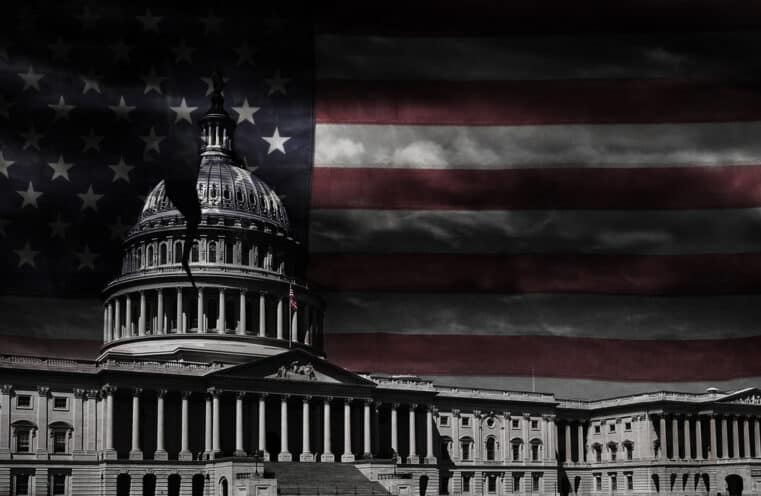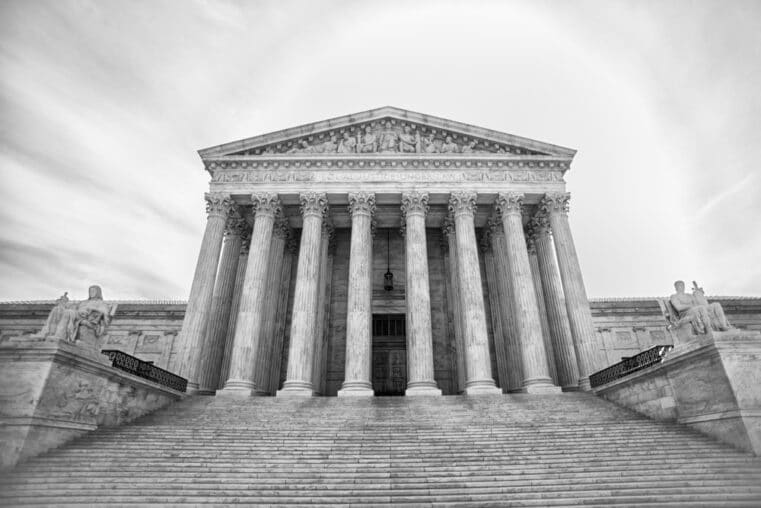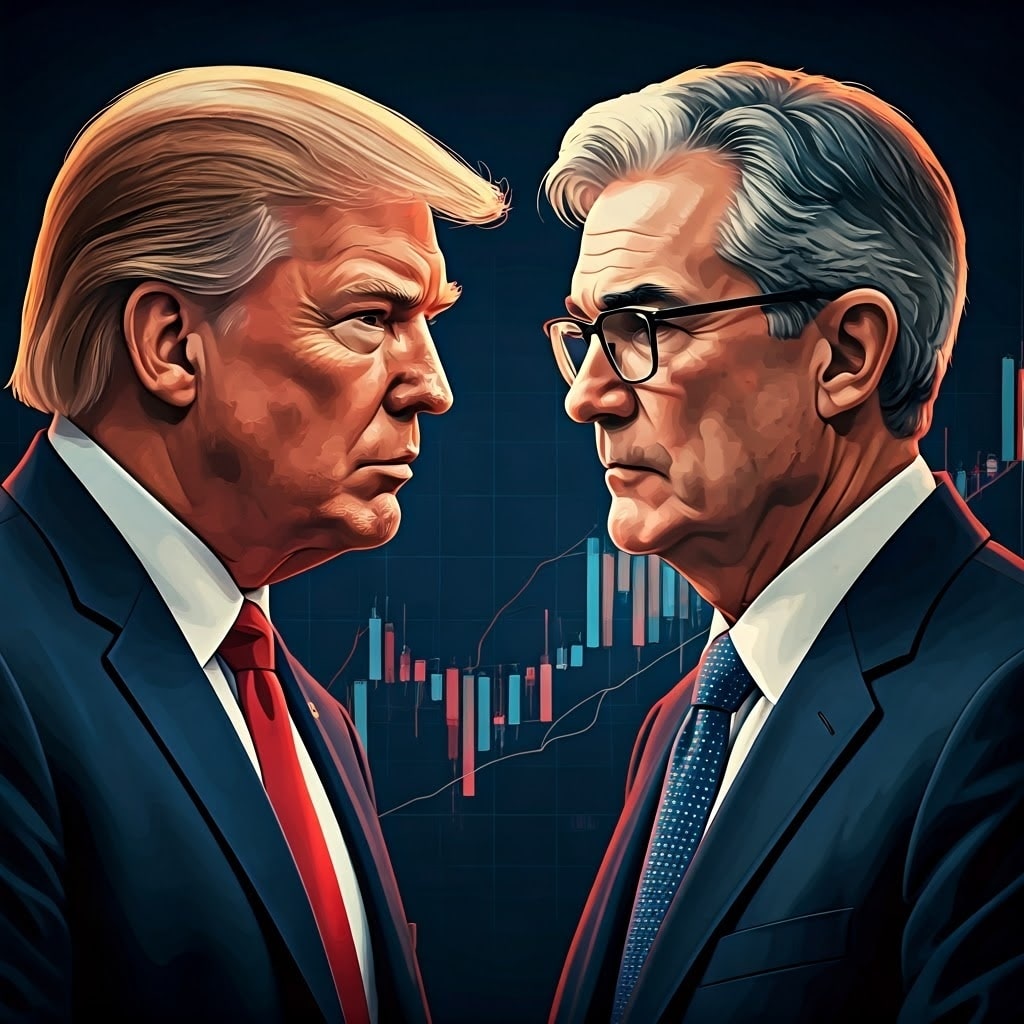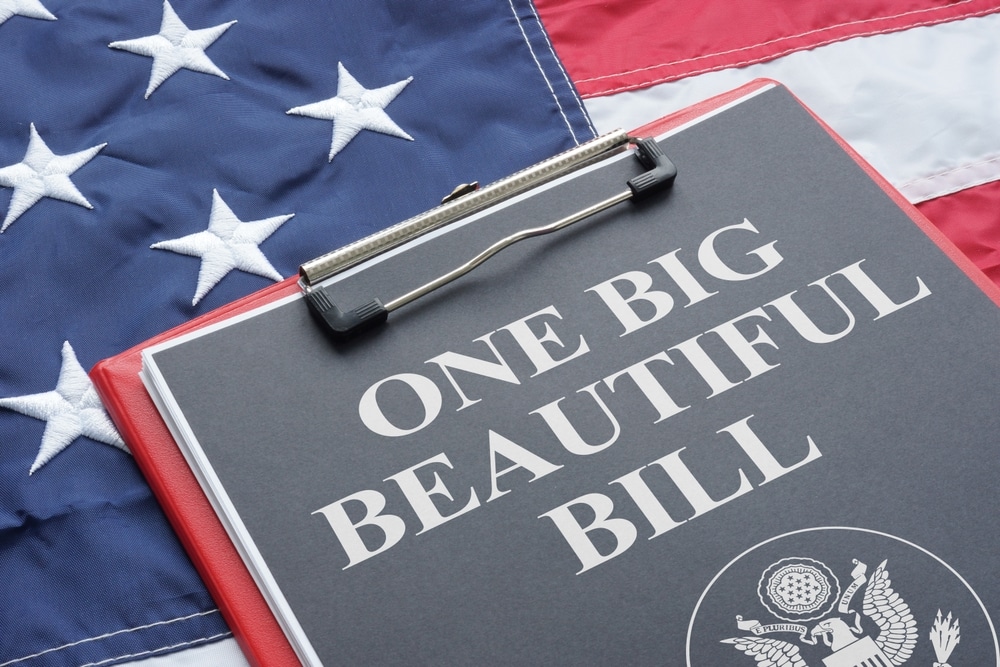
Collapse Is the Only Reform: Why the Financial Bubble Must Burst
By Bill Brocius
Finance wasn’t always the powerhouse it is today. In 1947, it accounted for only 10% of non-farm business profits. Fast-forward to 2010, and finance was raking in 50% of those profits. By 2023, the finance, insurance, and real estate sectors made up 20.7% of U.S. GDP, way above the historical average of 7.29%.
How Finance Hijacked the Economy
What happened? The rise of financialization—a process where everything from wages to natural resources is converted into financial instruments to be traded and exploited for profit. Nothing escapes: labor, risk, commodities, income streams—everything is turned into a financial shadow, detached from its real-world value. Profit doesn’t come from producing goods or services anymore; it comes from betting on paper abstractions.
And the numbers tell the story. Before financialization took hold in the early 1980s, non-bank financial institutions’ assets hovered around 40% of GDP. Today, they’ve exploded to 200% of GDP—five times the level during the post-war boom years when prosperity was widely shared.
Who Wins? Who Pays?
The winners of this system are the elite few with access to unlimited credit and tools like private equity—while the costs are spread across the rest of society. Research by Epstein and Montecino shows that $688 billion a year, or 4% of GDP, is lost to financial rent-seeking, misallocation, and the fallout from the 2008 crisis. That’s $30.2 trillion since 1990, more than the entire U.S. economy.
This isn’t just an economic issue—it’s a slow-motion catastrophe, eroding the foundations of our society. An economy fueled by speculative finance is fundamentally unstable. And when the system collapses under its own weight, the fallout will reach every corner of society.
A System on the Brink
We’ve seen this cycle before. As historian Peter Turchin has documented, societies go through regular cycles of integration and disintegration—typically every 50 years. We are now deep into a phase of disintegration. The 2020s mark the end of the Debt-Speculation Super-Cycle, but most people are clinging to the illusion that the Everything Bubble will keep inflating forever. It won’t.
Even well-meaning attempts to rein in financial excesses could trigger the collapse. A return to policies like Glass-Steagall, which separated commercial and investment banking, would be a good start. But even small reforms might topple this bloated financial house of cards. That’s the dilemma: the economy now depends on the very excesses that will destroy it.
The Inevitable Collapse and What Comes Next
Let’s be honest: there is no pain-free way out. The Everything Bubble will pop, whether by policy intervention or by imploding under its own weight. And when it does, the suffering will be immense. But there’s a moral dimension here that we can’t ignore.
The question is, do we act now, or leave the mess for future generations to clean up? Deflating the financial bubble today will hurt, but waiting will make the pain far worse. Every dollar of speculative excess we tolerate now is a burden we pass on to those who come after us. This is more than an economic decision—it’s a moral responsibility.
We can either:
- Take the pain now and begin dismantling the predatory system of financialization, or
- Let the collapse happen on its own, and be ready to clean up the wreckage when it does.
Either way, the fallout is unavoidable. But kicking the can down the road will only ensure that the suffering is greater—and that future generations pay the highest price.
Greed’s Final Act
The financial elites will cry crocodile tears when the collapse comes. They’ll claim they were just “doing God’s work” and express regret while cashing out their bonuses. But the truth is, greed, fraud, and corruption have run unchecked for decades, and the bill is about to come due. When it does, those responsible should be held to account—not rewarded with bailouts and golden parachutes.
There’s No Avoiding the Reckoning
The question isn’t if the collapse will happen—it’s when. Once the Everything Bubble pops, you can expect financial chaos on an unprecedented scale. Inflation will eat away at your savings, credit markets will seize up, and stock portfolios will crumble. The system as we know it will not survive.
But you don’t have to go down with the ship. The key is to prepare now—before the collapse becomes headline news. Protect your wealth by shifting into inflation-proof assets like gold, silver, land, and cash parked in high-yield accounts. These tangible assets will outlast the coming storm.
Your Action Plan
This is the moment to decide: Will you wait for the collapse to blindside you, or will you act now to secure your future? Download my free ebook, “7 Steps to Protect Your Account from Bank Failure,” and learn how to safeguard your wealth before it’s too late.
If you’re ready to go deeper, join my Inner Circle for $19.95/month. Get exclusive insights and strategies to navigate the end of the banking system as we know it. Join the thousands of readers who are already preparing for the collapse.
👉 Join my Inner Circle here: Subscription Link
Collapse isn’t just inevitable—it’s the only reform left. The choice is yours: take the pain now or leave a bigger disaster for the next generation. But make no mistake—the clock is ticking.











